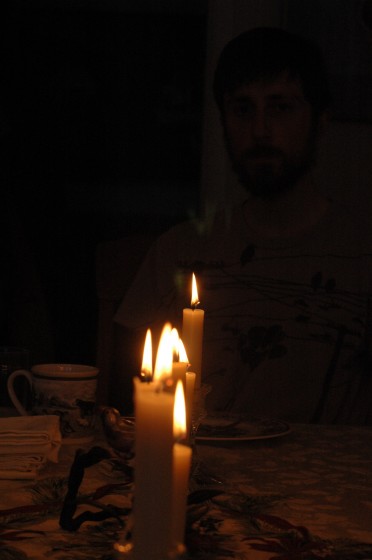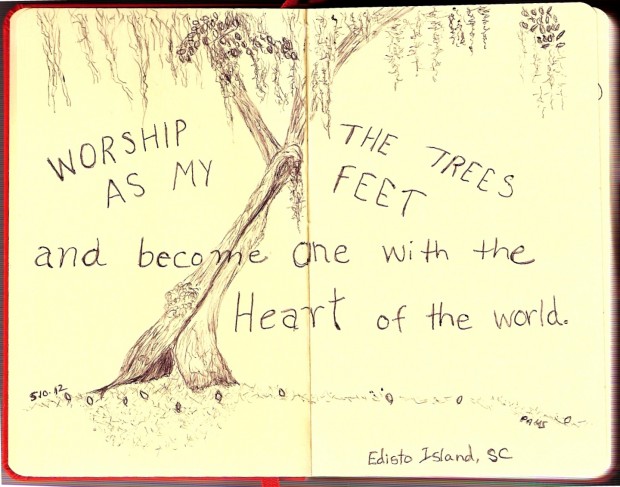Introduction to the 1995 Edition
Vision: A Personal Call to Create a New World by Ken Carey
With the acquisition of language, a vast range of perception is disregarded. A child soon comes to believe that if there is no word for something it does not exist. Sensory input that is not reinforced is deemphasized, until eventually the child accepts the cultural viewpoint, with all of its biases and underlying assumptions. In the process something valuable is lost.
The benefits of language are obvious. Without it, each new generation would repeat the mistakes and forego the learning of the past. Without it, our race could not advance. But the view of ourselves and our world that comes to us through language is but a thin sliver of the multidimensional reality we inhabit.
This larger reality has fascinated me since childhood. I have never been without at least some minimal awareness of it, and through the years there were always those odd moments when my mind would relax into a form of perception that brought me fully into its strange and curious domain. Often, this perception would come forward to help me establish with a plant or an animal a rapport deeper than what I found possible when viewing things from a cultural perspective. Although my language-oriented mind would later remember that these incidents occurred, since my experiences were nonverbal I rarely remembered much of their contents or detail.
It was not until one day in the winter of 1978 that I made my first attempt to verbalize what I experienced one of these states. In bed with a cold and fever, my thoughts had drifted into a calm, meditative silence. Passing moments pooled together, relaxing into one. Distinctions between inside and outside began to dissolve. On a level beyond words, beyond the surface froth of passing events, on a level deep in the ocean of being, I experienced myself as energy, and my body as an intertwining of sun and soil.
Was this the awareness of the newborn and very young? Everything that touched my senses, every nuance of sound and light, every object in the room felt as intimate to me as the lungs through which I breathed, as inseparable, as personal. Insights did not come In flashes, but as things I had always known, truths so obvious it was hard to believe I had forgotten them. But I had… and might again. Could this awareness be expressed, articulated, recorded in words?
Language only liimits perception when its terms are taken too seriously. Taken lightly, the attempt to find words to record our impressions can help us to perceive more fully. Verbalizing this awareness would challenge me to clarify the experience of it. Yet its very nature seemed to defy definition. To translate it into symbolic characters on sheets of paper would be like trying to channel a river through an hourglass. The very impossibility of the task intrigued me. I put a new ribbon in the typewriter. (He goes on to speak of the writing of a series of books.)
(This leads me to reflect on my experiences of listening to and telling stories over the years. My storytelling mentor Laura Simms is articulate about the “story beneath the story” that can occur. I believe that storytelling can allow us to enter forgotten chambers within us, and that we can experience things individually and collectively that we have “forgotten.”)
– Pamela Ann McDowell Saylor



